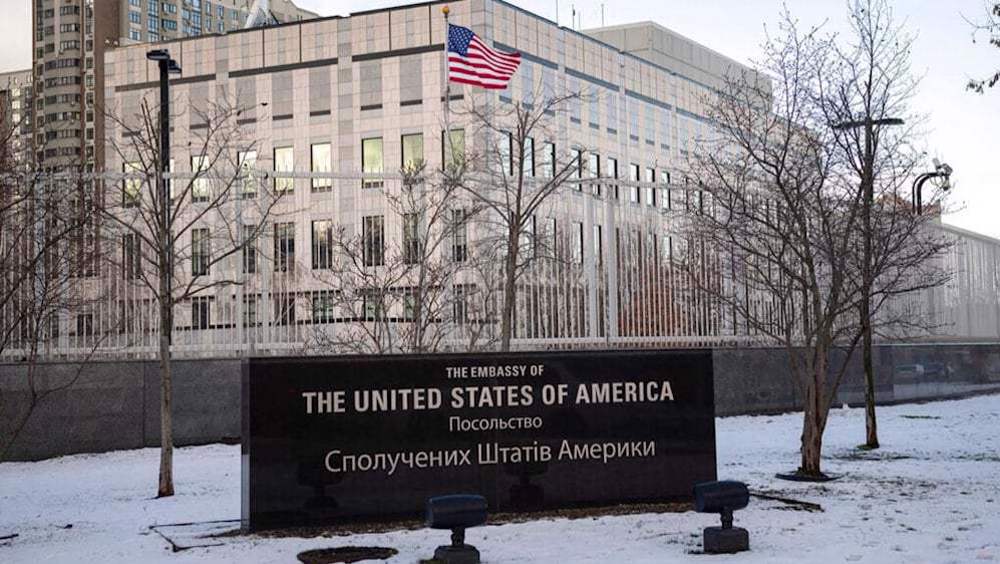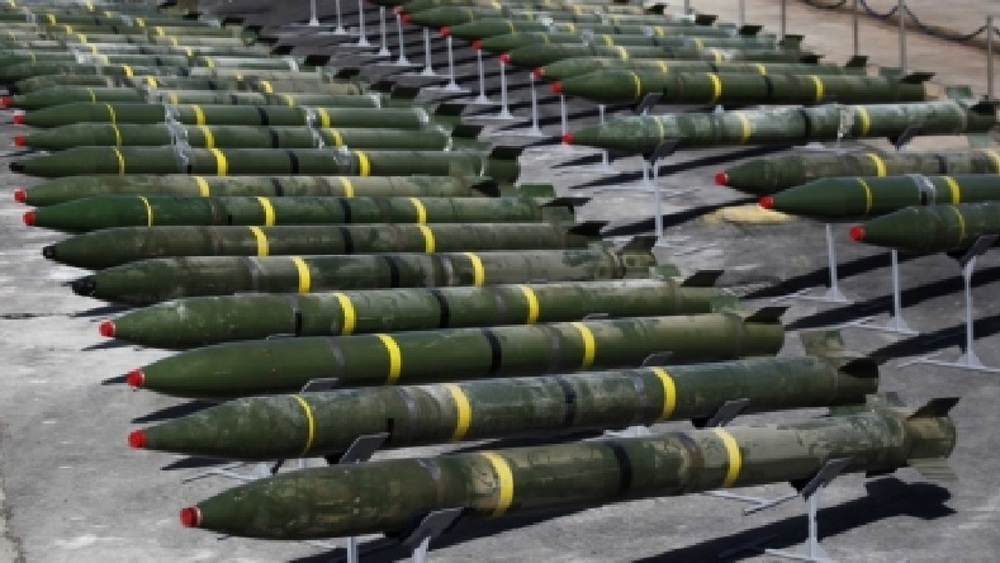Mass protests held in Poland against educational reform
Demonstrators in Poland have protested against a controversial decision by the government on bringing about a significant educational reform in the public school system.
Thousands of teachers and students’ parents, along with social activists and critics, held demonstrations all over the country, including in the capital Warsaw, on Saturday, calling on the conservative ruling Law and Justice (PiS) party to abandon its educational plan.
Protesters in the capital, who had convened at central Pilsudski Square, chanted slogans such as "No to chaos in schools," "Stop education reforms," and "No to revolution in schools."
The public school system in Poland consists of three stages. Primary or elementary school as the first phase for children aged between 6/7 and 11/12, middle schools as the second period for students aged between 12/13 and 15/16, and high schools and vocational schools as the third and the last stage for students aged between 16 and 19.
The Polish government has announced that from 2017 it will eliminate the three-year middle schools and bring back the older system of eight-year primary school and four-year high school/five-year vocational school, arguing that the middle schools do a poor job of educating students.
The protesters, however, say they fear the loss of jobs for middle school teachers, and argue that a new curriculum, which affects both elementary and high schools, was drafted in haste and has many flaws.
“I call upon Prime Minister Beata Szydlo and the government not to destroy the assets” of the current education system, said Slawomir Broniarz, the head of the main teachers' union.

Minister of Education Anna Zalewska, however, has already said that the government would not withdraw the plan, adding that its reforms were “thought-out, responsible and also the costs have been calculated.” She also promised that no teacher would be laid off as a result of the reforms.
Poland has been the scene of a number of similar protests in recent months.
The PiS government has been under fire by critics for a series of other controversial moves undertaken since it assumed power in November 2015.
In early October, members of the parliament in the lower house, the Sejm, overwhelmingly voted against a controversial legislation proposed earlier by the government that would have imposed a ban on all abortions in the country. The decision came after a nationwide strike against the bill.
VIDEO | Former FBI agent criticizes US Congress for 'outright corruption'
IRGC chief urges Muslim countries to cut aid routes to Israel
'New chapter in cooperation': Iran, Venezuela sing new MoUs
Jordan sentences former lawmaker for supporting Palestinian resistance
Basij volunteer forces hold massive drills in southwestern Iran
Israeli war criminals 'not welcome', US city says after ICC ruling
US vetoing of Gaza ceasefire resolution ‘disgraceful’: Iran’s UN envoy
VIDEO | IAEA adopts anti-Iran resolution tabled by E3











 This makes it easy to access the Press TV website
This makes it easy to access the Press TV website